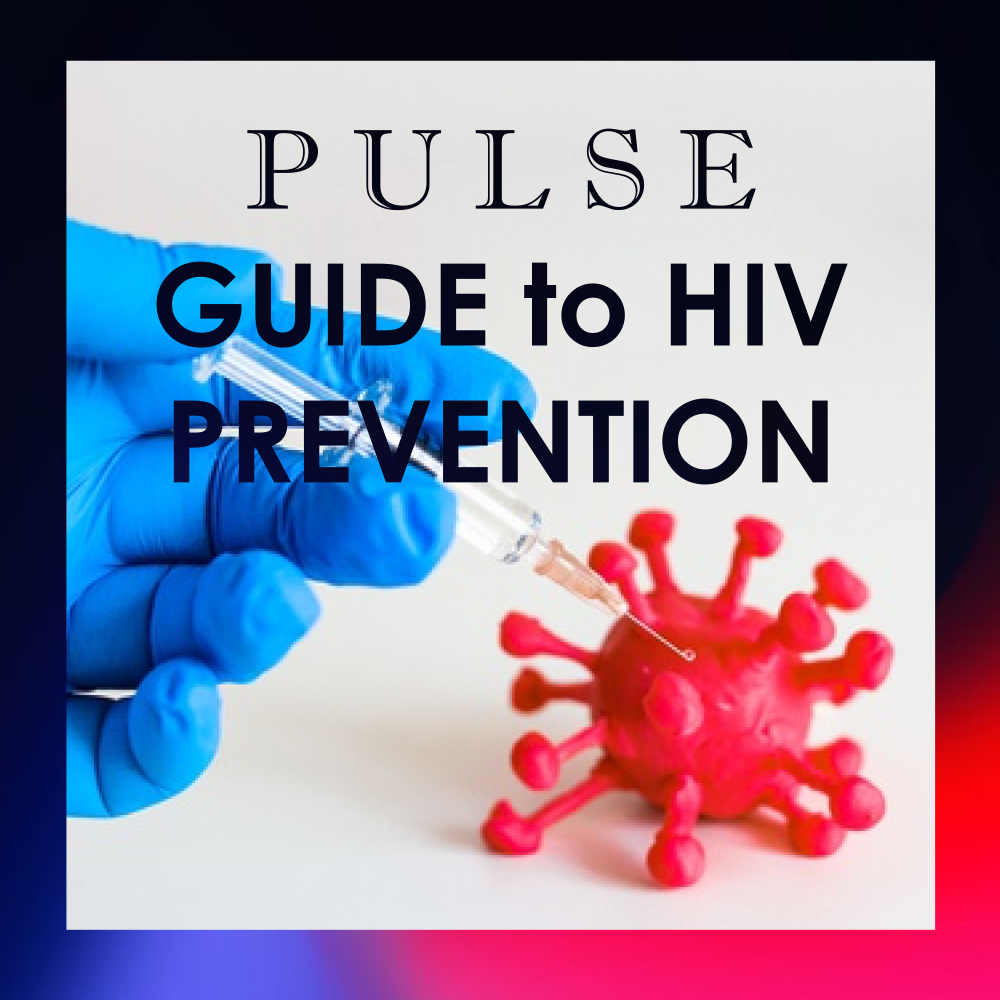Hepatitis B Basics
17697
Hepatitis B is a potentially life-threatening liver infection caused by the hepatitis B virus (HBV). It is a major global health problem.

Hepatitis B Virus
Dr.Deyn Natthakhet Yaemim, written on 28 January 2019. Last reviewed and updated 18 June 2024
Hepatitis B is a potentially life-threatening liver infection caused by the hepatitis B virus (HBV). Hepatitis B can cause chronic infection and puts people at high risk of death from cirrhosis and liver cancer. A safe and effective vaccine with 98-100% protection against hepatitis B is available. Preventing hepatitis B infection averts the development of complications including the development of chronic disease and liver cancer.
How is hepatitis B spread?
The hepatitis B virus is spread when blood, semen, or other body fluids infected with the hepatitis B virus enter the body of a person who is not infected. People can become infected with the virus from:
- Birth (spread from an infected mother to her baby during birth)
- Sex with an infected partner
- Sharing needles, syringes, or drug preparation equipment
- Sharing items such as toothbrushes, razors or medical equipment such as a glucose monitor with an infected person
- Direct contact with the blood or open sores of an infected person
- Exposure to blood from needlesticks or other sharp instruments of an infected person
"Hepatitis B virus is not spread through food or water, sharing eating utensils, breastfeeding, hugging, kissing, hand holding, coughing, or sneezing."
Can we prevent hepatitis B?
Yes. The best way to prevent hepatitis B is by getting vaccinated. The hepatitis B vaccine is safe and effective. Completing the series of shots is needed for full protection.
How does the hepatitis B vaccine work?
The hepatitis B vaccine stimulates your natural immune system to protect against the hepatitis B virus. After the vaccine is given, your body makes antibodies that protect you against the virus. An antibody is a substance found in the blood that is produced in response to a virus invading the body. These antibodies will fight off the infection if a person is exposed to the hepatitis B virus in the future.
Hepatitis B Diagnosis
Several blood tests are available to diagnose and monitor people with hepatitis B. They can be used to distinguish acute and chronic infections.
Laboratory diagnosis of hepatitis B infection focuses on detecting the hepatitis B surface antigen HBsAg.
- Acute HBV infection is characterized by the presence of HBsAg and immunoglobulin M (IgM) antibody to the core antigen, HBcAg. During the initial phase of infection, patients are also seropositive for hepatitis B e antigen (HBeAg). The presence of HBeAg indicates that the blood and body fluids of the infected individual are highly infectious.
- Chronic infection is characterized by the persistence of HBsAg for at least 6 months. The persistence of HBsAg is the principal marker of risk for developing chronic liver disease and liver cancer (hepatocellular carcinoma) later in life.
Contact us at info.bkk@pulse-clinic.com or chat on your preferred platform:
![]() +66 65 237 1936
+66 65 237 1936  @PULSEClinic
@PULSEClinic ![]() PulseClinic
PulseClinic
Add us on Line and stay in touch.
Add us on Line and stay in touch.
Loading...
Clinic Locations
Loading...







